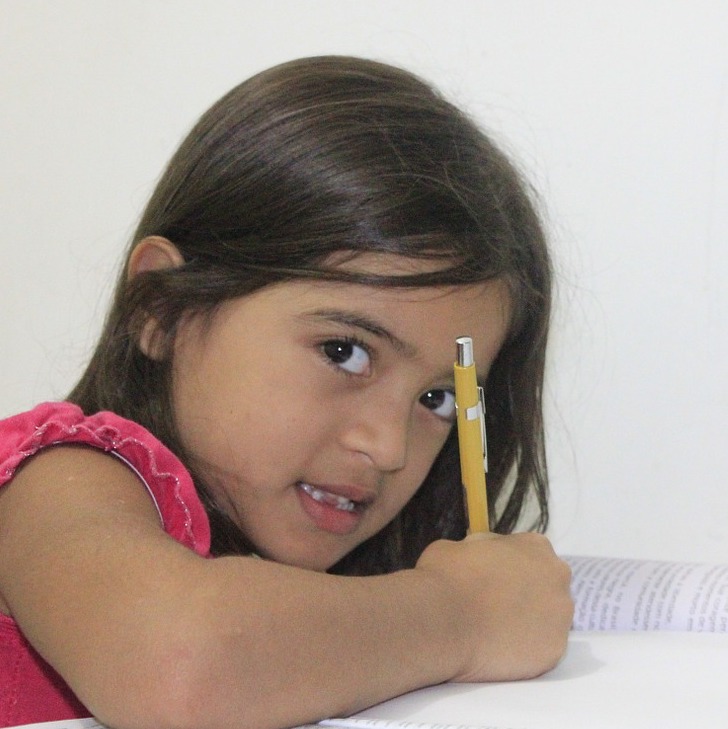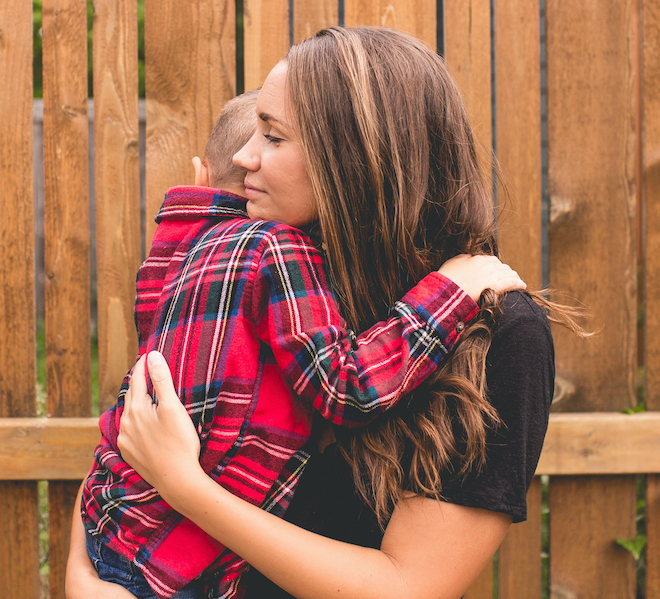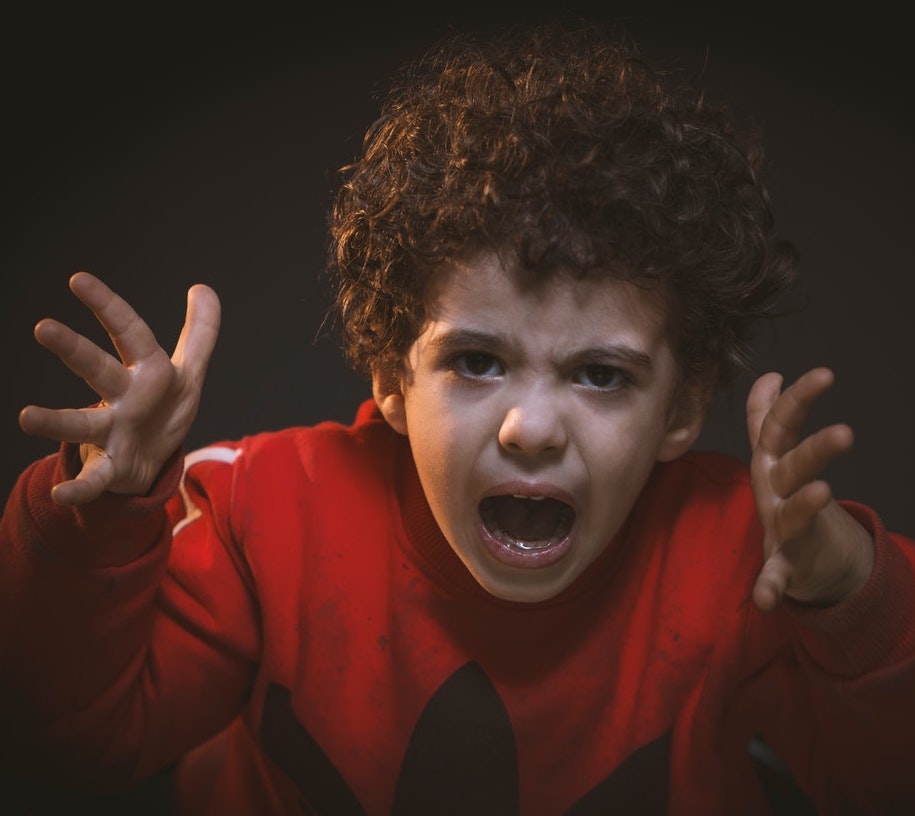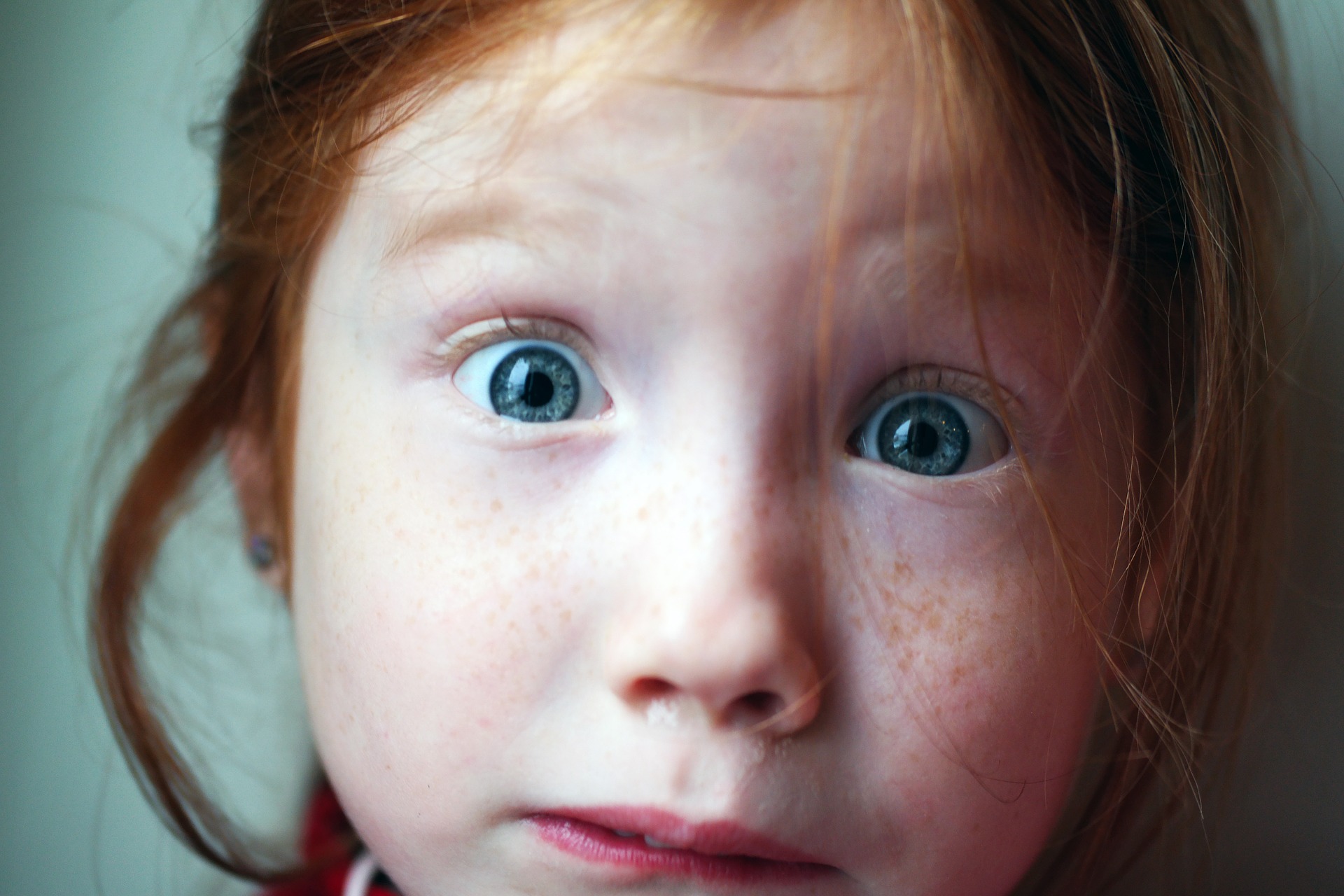Self Evaluation Checklist for Students with Autism Spectrum Disorder [downloadable]
 Children with Autism Spectrum Disorder (ASD) have a variety of strengths and needs.
Children with Autism Spectrum Disorder (ASD) have a variety of strengths and needs.
The following checklist was developed by Hannah Grieco, an education and disability advocate, as a tool to help your child or student develop a plan for support and a better understanding of his or her learning and communicating styles. Read more ›


 The
The 
 The teen years can be a challenging time for young people and their parents. This fact sheet provides information on how parents can promote positive health outcomes for their lesbian, gay, or bisexual (LGB) teen.
The teen years can be a challenging time for young people and their parents. This fact sheet provides information on how parents can promote positive health outcomes for their lesbian, gay, or bisexual (LGB) teen. 
 All kids misbehave some times. And some may have temporary behavior problems due to stress. Behavior disorders are more serious. They involve a pattern of hostile, aggressive, or disruptive behaviors for more than 6 months. The behavior is also not appropriate for the child’s age.
All kids misbehave some times. And some may have temporary behavior problems due to stress. Behavior disorders are more serious. They involve a pattern of hostile, aggressive, or disruptive behaviors for more than 6 months. The behavior is also not appropriate for the child’s age. 


 In the culture of special needs parenting, certain types of disabilities push parents toward the edges. Those of us with mentally ill kids inch away from bright lights and parent support groups. Words stick in our mouths. We clear our throats, nodding as other parents discuss hard things. If their children cannot read, cannot walk, cannot hear — then at least they have not thrown an iPad through the screen of the television.
In the culture of special needs parenting, certain types of disabilities push parents toward the edges. Those of us with mentally ill kids inch away from bright lights and parent support groups. Words stick in our mouths. We clear our throats, nodding as other parents discuss hard things. If their children cannot read, cannot walk, cannot hear — then at least they have not thrown an iPad through the screen of the television. 
 Bullying, particularly in early childhood, is best explained through the theory of
Bullying, particularly in early childhood, is best explained through the theory of 
 News about catastrophic events, natural disasters, crime reports, and terrorist threats can have a profound emotional impact on children. Younger children, especially, are vulnerable in the wake of traumatic events and may experience stress, anxiety and increased fearfulness long after the event has passed. Your support can help your children process these emotions and help them manage their fear and anxiety.
News about catastrophic events, natural disasters, crime reports, and terrorist threats can have a profound emotional impact on children. Younger children, especially, are vulnerable in the wake of traumatic events and may experience stress, anxiety and increased fearfulness long after the event has passed. Your support can help your children process these emotions and help them manage their fear and anxiety. 
 When a child is scared of the dark or being left alone, it can be hard for adults to know the difference between an age-appropriate fear and full-blown anxiety. This podcast episode from NPR is full of tools to help parents better understand and manage their child’s “worry brain.”
When a child is scared of the dark or being left alone, it can be hard for adults to know the difference between an age-appropriate fear and full-blown anxiety. This podcast episode from NPR is full of tools to help parents better understand and manage their child’s “worry brain.” 
 written by Liza Bennigson, Associate Director of Marketing and Communications
written by Liza Bennigson, Associate Director of Marketing and Communications

